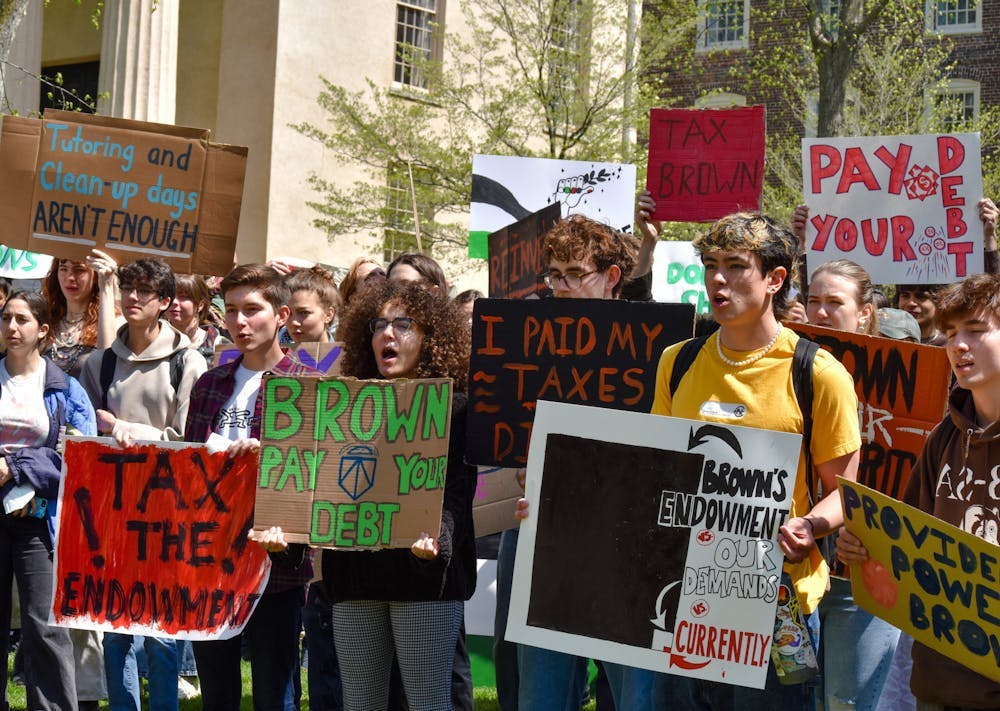A growing chorus of education reformers warns that many universities have drifted far from their original mission of fostering intellectual inquiry, becoming hotbeds of political activism instead. These critics contend that until radicalized departments and administrations are replaced, true renewal of higher education remains out of reach.
Political Zealotry Has Overtaken the Academy
According to the reform perspective, campuses no longer simply teach knowledge—they now serve as launchpads for political agendas. Departments once dedicated to disciplines like history, literature or sociology are increasingly accused of prioritising activism over scholarship. The reformers argue that radicalised faculty shape curricula and atmosphere in ways that suppress alternative viewpoints, deepening ideological uniformity rather than promoting a vibrant marketplace of ideas.
Four Discipline Types and Tailored Remedies
Reform strategists categorise university departments into four clusters: (1) STEM fields, which remain largely unaffected; (2) traditional arts and social-science disciplines such as English, history and political science; (3) professional schools like education and social work; and (4) identity-based or “studies” departments (e.g., ethnic, gender or women’s studies). Each category, they say, demands a distinct approach—ranging from modest rebalancing in traditional disciplines to full restructuring (or even disbanding) of the most politicised units.
A Call for Leadership Change, Not Mere Compromise
Rather than attempting to coax ideological factions into moderation, the reform case contends that only decisive institutional intervention will suffice. They advocate for a model akin to “receivership” in higher education: new leadership installed by trustees or lawmakers, empowered to overhaul departments, reappoint deans and restore a mission of intellectual competence. The underlying message: if radical control persists, educational quality and institutional integrity will continue to decline.





















